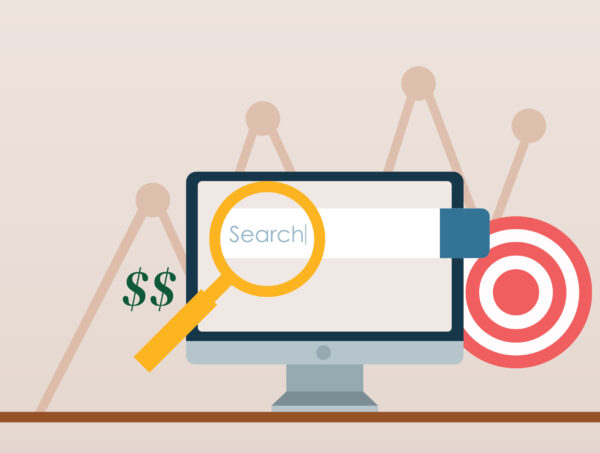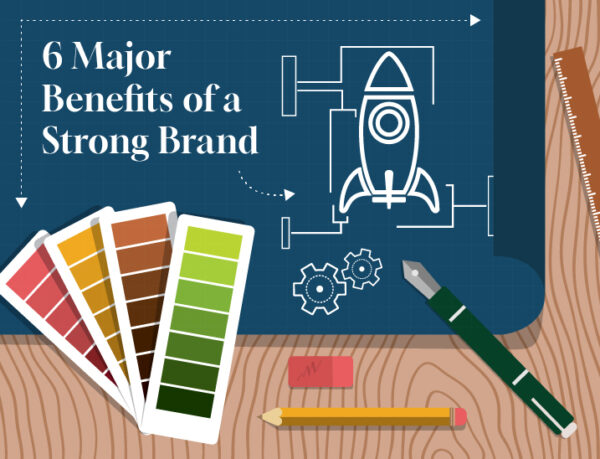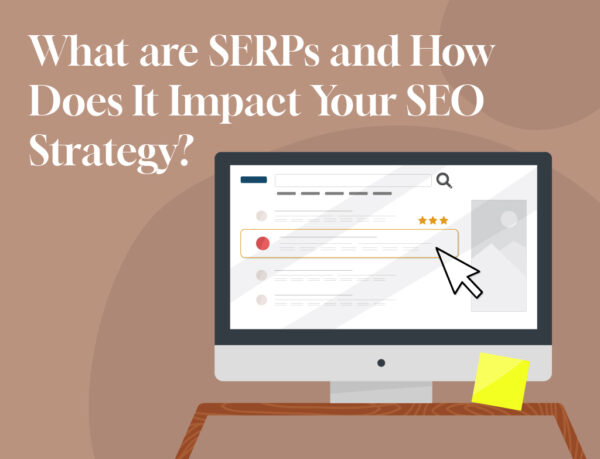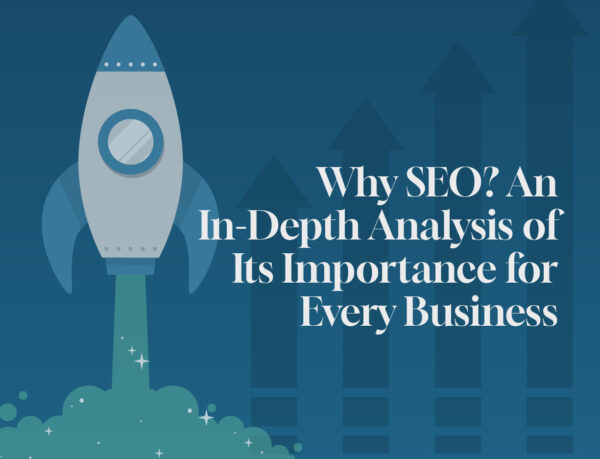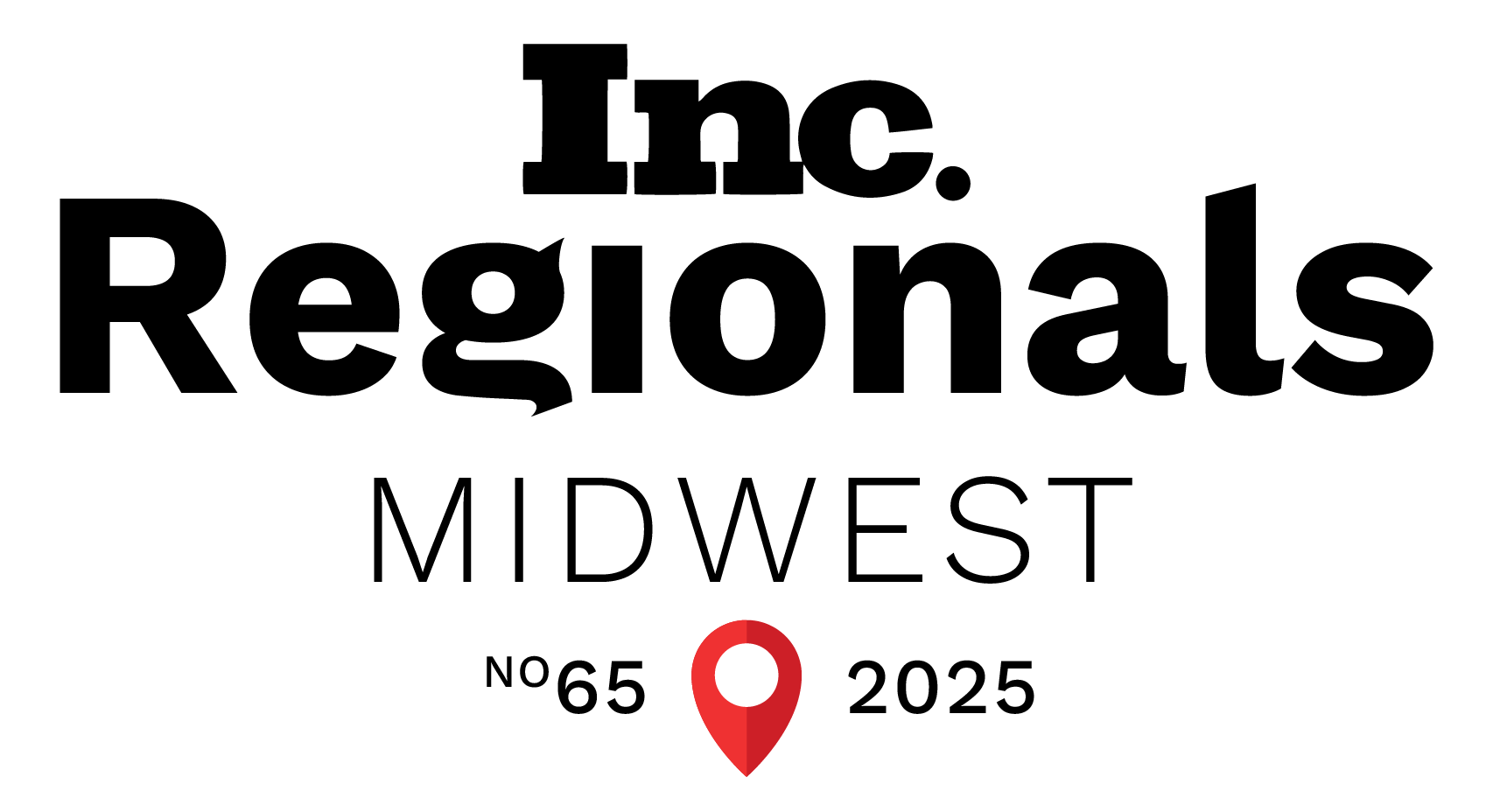AI Marketing for Your Business: A Practical Approach
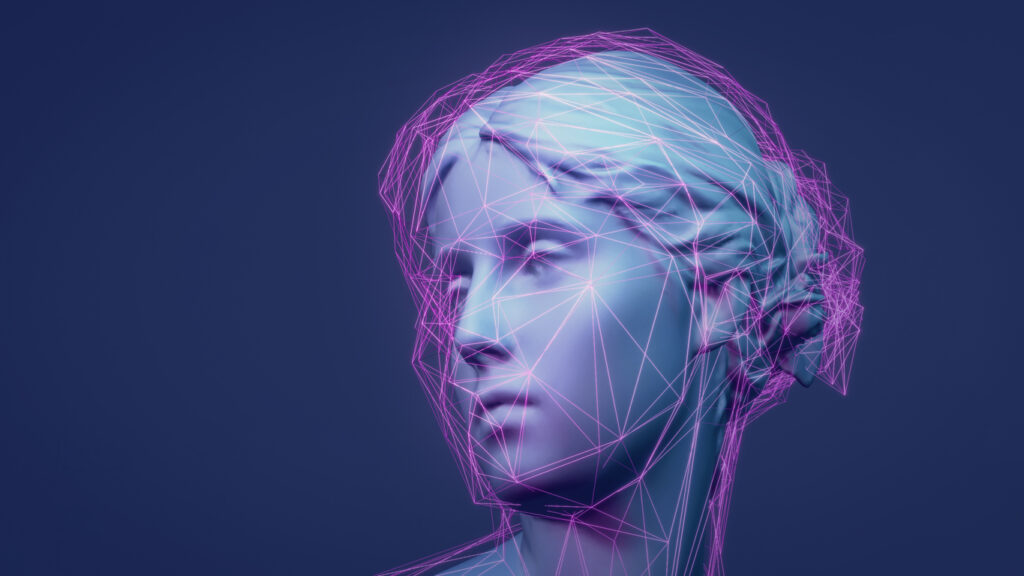
In This Article
Artificial intelligence (AI) will undoubtedly change marketing strategy and tactics—it already has. Marketers are already using AI to help with research, ideation, and outlining content.
AI technology is evolving fast, with developers constantly updating current platforms and regularly releasing new tools. We should expect to see even more significant changes in the near future.
AI has the potential to revolutionize digital marketing in various ways, including enhancing personalization, automating repetitive tasks, and providing deeper insights into consumer behavior. Marketing professionals need to stay on top of the latest trends and developments to use AI effectively and efficiently in their strategy.
As AI reshapes the marketing landscape, businesses need to balance AI-driven and human-driven marketing approaches. By combining the unique strengths of human creativity and AI’s speed and efficiency, we can develop innovative strategies that meet their objectives and foster genuine connections with their audiences.
In this blog post, we will discuss if Google penalizes AI content, how search engines might integrate AI, strategic partnerships between humans and AI, and 18 AI tools you can start using now.
Let’s start by considering the fundamental differences between human-driven and AI-driven marketing.
The Fundamental Differences Between Human-Driven and AI-Driven Marketing
Humans can quickly recognize patterns, understand context, and develop innovative solutions. AI can process large amounts of data rapidly and accurately. But AI lacks creativity—at least for now.
So, in many ways, human-driven marketing still trumps AI-driven marketing when producing content.
Fortunately, the partnership between humans and AI provides marketers with the best of both worlds. By combining the speed and accuracy of AI with human creativity, marketers can leverage the strengths of both to produce exceptional content that engages and resonates with their target audience.
Creativity and emotional intelligence
Human marketers can empathize and create content that resonates with their target audience. They have experiences and examples that AI can’t capture. Humans can craft stories and engage with customers on a personal level. Algorithms and data create content in AI-driven marketing, which may lack the human touch and emotional depth.
Speed and efficiency
AI-driven marketing boasts an unparalleled advantage in speed and efficiency. AI algorithms can process massive amounts of data, identify trends, and create content in a fraction of the time it takes for human marketers to accomplish the same tasks. This advantage enables businesses to respond quickly to market changes, optimize their marketing strategies, and reach a larger audience quickly.
Data analysis and decision-making
AI-driven marketing has a clear edge over human-driven marketing regarding data analysis and decision-making. Advanced AI algorithms can process, analyze, and make sense of extensive data sets much faster and more accurately than humans. AI-driven marketing tools can provide insights that human marketers might miss, leading to more informed marketing decisions and strategies.

Does Google Penalize AI Written Content?
One of the most recent concerns is if Google will penalize AI-generated content or if AI content will consistently rank lower than human-generated content.
The answer is no; Google will not penalize AI-written or AI-assisted content because of how it was written. Google rewards high-quality content, no matter how it’s produced. AI content isn’t a problem simply because it is AI content. Google cares about helpful, expert-level, and people-first content. According to Google’s people-first content documentation, the search engine platform will penalize content “if you use automation, including AI generation, to produce content for the primary purpose of manipulating search rankings.”
But this isn’t new information. Google penalizes any content that uses spam or black hat SEO techniques, regardless of how it was created.
Google’s search engine algorithms prioritize content that users find well-written, engaging, and relevant. This means that organically written content, created with human creativity, product expertise, and emotional intelligence, is more likely to rank higher in search results. While AI-generated content can be informative and accurate, it may lack the nuance and depth that Google’s algorithms seek in high-quality content.
The human touch and experience in content creation is crucial for fostering genuine connections with users and ensuring that the content resonates with them emotionally. Human-driven marketing creates content that appeals to users’ feelings, desires, and needs. In contrast, AI-generated content may struggle to evoke the same emotions and first-hand experience perspective, which could negatively affect its performance in search engine rankings.

How Will Search Engines Change With the Introduction of AI Functioning?
Search engines are constantly changing. Their goal is to create an excellent user experience, and it’s no secret they will be incorporating AI to achieve that goal.
AI-powered search engines deliver increasingly personalized search results by learning from users’ search habits, preferences, and interests. This can lead to a more satisfying and efficient user experience. AI will also enable search engines to better understand the user’s query context, intent, and nuances. Natural language processing (NLP) and machine learning algorithms will help interpret queries more accurately, even when they are ambiguous or involve complex language.
Spotify utilizes NLP to categorize its vast library of music. The platform scrapes the web for text related to a specific song and analyzes it to identify relevant keywords and emotions associated with the song. Then, Spotify can group songs and artists together and recommend them to users who share similar music preferences.
Right now, we all expect the standard format when we use Google. There are several ads at the top, relevant resources on the initial scroll, and a “people also ask” section. Imagine a future where that isn’t at all the case. What if AI-driven search engines can anticipate users’ wants and deliver precise results more creatively?
For example, suppose you are looking for information about the current US presidential election. In that case, your search result page may include a news feed with updates from reliable sources, comments from other users on social media networks, and polls to gauge public opinion.
What if there aren’t any “search result pages” at all?
What if the search is just a conversation with sources listed throughout? What if there are fewer results pages and more competition? In short, the possibilities are endless for AI-driven search engines.
We know it’ll change search engine functionality, but to what extent and when is still unknown.
However, marketers should follow these trends and implement new tools to improve outputs and marketing strategies, when appropriate.
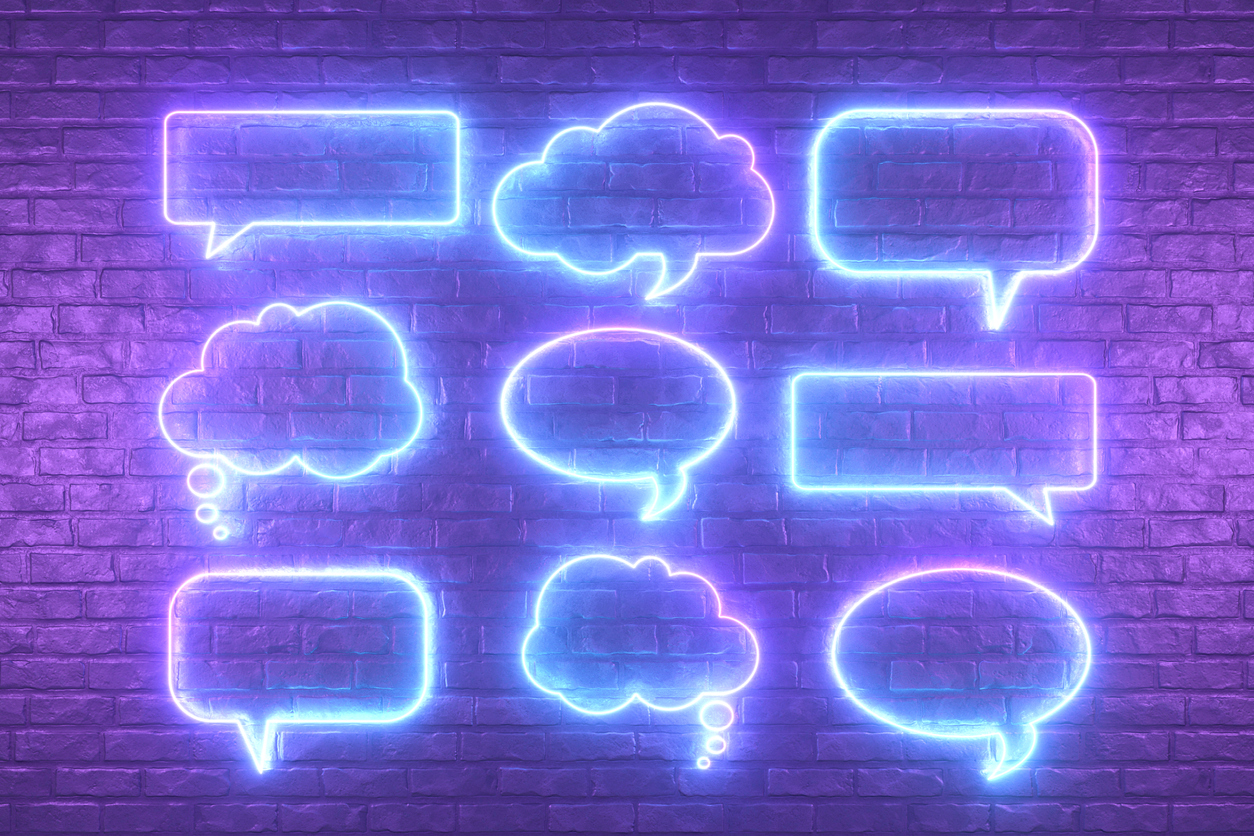
A Marketing Partnership with AI
When should you use AI for marketing? And when shouldn’t you use it? There is a real case to argue for marketers to build a partnership with AI.
AI marketing isn’t a replacement for human-driven marketing; instead, it should be seen as an accretive, value-added tool. By leveraging AI and machine learning technologies, marketers can augment their existing strategies with automated tasks that allow them to save time and resources while still ensuring the quality of their content.
In the following sections, we’ll outline some marketing tactics and AI marketing tools that can help improve efficiency for each one.
AI for Content Writers
The most significant change in 2023 may be the availability of quality AI writing tools for content marketers.
AI shouldn’t replace excellent writers. Instead, it speeds up the process primarily by eliminating writer’s block. AI-written content is the bare minimum. It may be accurate, but it typically isn’t interesting or engaging.
There is content that is posted every day that looks like every other piece written about a specific topic. If you remove any brand mentions, you wouldn’t see a difference. It’s formulaic and pretty boring, if we’re honest!
The content that performs well is more than just a regurgitation of everything that already exists. Instead, high-performing content adds to the existing conversations with new examples, relatable human experiences, and additional insights or strategies.
You should use AI as a content creation partner, not a writing or editing replacement. It can help suggest ideas, create outlines, and inspire writers. AI can also be used to check grammar, spelling, and structure. In the end, however, it’s up to a human writer to create something special and unique.
AI should supplement rather than replace traditional content writing processes. It can help marketers create content more quickly and efficiently. Still, it needs help from a human touch to tell stories that connect with readers on an emotional level.
AI Tools For Writing
- ChatGPT for Marketing – ChatGPT is a conversational AI model developed by OpenAI based on the GPT (Generative Pre-trained Transformer) architecture. The GPT series has seen multiple iterations, with each version improving performance and capabilities. The first iteration, GPT, was introduced in 2018 and showed promising results for various natural language processing tasks. GPT-2, released in 2019, was a substantial upgrade, boasting 1.5 billion parameters and demonstrating the ability to generate high-quality human-like text. However, due to concerns about the potential misuse of the technology, OpenAI initially refrained from releasing the entire model, instead opting to release smaller versions for the public. GPT-3, released in 2020, marked a significant leap forward, with 175 billion parameters, making it one of the most advanced language models. GPT-3 demonstrated an impressive capability to understand and generate human-like text across various tasks, including translation, summarization, and content generation. ChatGPT, as mentioned earlier, is based on the GPT-4 architecture, which builds upon the advancements of its predecessors. While specific details on GPT-4 are not available in this model’s knowledge base, ChatGPT represents a further enhancement in the capabilities of conversational AI. It can engage in meaningful conversations, answer questions, provide suggestions, and generate content across various topics.
- Copy.ai utilizes advanced natural language processing technology, such as OpenAI’s GPT-3, to create human-like text for various purposes, including blog posts, social media updates, ad copy, email templates, etc. The platform offers a user-friendly interface where users can input their content requirements, such as the topic, target audience, and desired tone. Copy.ai generates multiple variations of the selected content based on the provided information, allowing users to choose the best option or combine different elements to create a final piece.
- JasperAI, formerly known as Jarvis, is an AI-powered copywriting tool developed by Conversion.ai. Like Copy.ai, this tool allows users to input specific content parameters such as topic, target audience, tone, and keywords. JasperAI also provides a range of pre-built templates to help users with specific content needs, such as product descriptions, headlines, or video scripts.
AI for SEO
Keyword research is a crucial step in SEO as it helps businesses to identify the right keywords to target in their content. AI-powered keyword research tools can help to streamline this process by using machine learning algorithms to analyze vast amounts of data and identify the most relevant keywords for a particular business.
AI can also help to identify long-tail keywords, which are often overlooked but can drive highly targeted traffic to a website. Businesses can optimize their content for the right keywords and improve their search engine rankings using AI-powered keyword research tools.
On-page optimization is another critical aspect of SEO that AI can help with. On-page optimization involves optimizing a website’s content and HTML source code to improve its visibility in search engine results pages (SERPs).
AI can help by analyzing website data and suggesting improvements that can be made to improve the website’s on-page SEO. For example, AI-powered tools can suggest changes to the website’s title tags, meta descriptions, and header tags, which can help to make the website more visible in search results.
Link building is acquiring links from other websites to improve a website’s authority and visibility in search results. AI-powered link-building tools can help businesses to identify potential link-building opportunities and automate the outreach process.
AI Tools for SEO
- BrightEdge is a popular AI-driven SEO platform that offers content optimization, keyword research, and rank-tracking tools. It leverages machine learning algorithms to provide actionable insights and recommendations for improving search engine rankings.
- NeuralText is an AI-driven SEO tool that assists with keyword research, and content optimization. It can even generate human-like text using natural language processing. It provides content recommendations based on analyzing top-ranking pages for a specific keyword.
- Alli AI is an SEO tool that uses artificial intelligence to provide automated recommendations on content optimization, backlink building, and technical SEO improvements. It helps businesses optimize their websites for better search engine visibility.
AI for Customer Relationship Management
AI-powered customer relations tools can help businesses to streamline their customer service operations, improve response times, and provide a better overall customer experience.
Chatbots are one of the most popular AI-powered customer relations tools. Chatbots use natural language processing (NLP) to understand customer inquiries and provide appropriate responses. They can handle basic customer service queries, such as product information or billing inquiries, freeing up customer service agents to focus on more complex issues. Additionally, chatbots are available 24/7, providing customers with immediate assistance, which can improve their overall experience.
Personalization is another area where AI can improve customer relations. AI-powered personalization tools can analyze customer data to provide personalized recommendations and offers.
AI Tools for Customer Relationship Management
- HubSpot is an all-in-one marketing, sales, and customer service platform with a chatbot builder tool. It allows businesses to create and deploy chatbots for their websites, Facebook Messenger, and other platforms. HubSpot’s chatbot builder tool uses a drag-and-drop interface, including pre-built templates for various industries.
- Zendesk is a customer service software with a chatbot builder tool. It allows businesses to create and deploy chatbots for their websites and other messaging platforms. Zendesk’s chatbot builder tool uses a drag-and-drop interface.
- Botpress is an open-source chatbot development platform that allows businesses to create and deploy chatbots for their websites and other messaging platforms. It provides a visual interface for building chatbots and includes pre-built modules for various industries.
- Optimizely uses machine learning algorithms to analyze customer data and provide personalized recommendations and offers. It allows businesses to create targeted campaigns tailored to specific customer segments, enabling them to provide the right offer to the right customer at the right time. Optimizely also provides a visual editor allowing businesses to create personalized experiences without coding skills.
- Dynamic Yield is an AI-powered personalization platform that allows businesses to analyze customer data and provide personalized recommendations and offers. It uses machine learning algorithms to analyze customer behavior and preferences. It provides customized recommendations across different channels, including websites, mobile apps, email, and ads.
AI for Social Media
Social media is how businesses build online brand awareness and engage with current customers. AI-powered tools can help companies to automate their social media activities and improve engagement.
AI can tell you when to post, give you ideas on what to post, and even help you design images and edit videos. AI tools can also analyze user behavior and engagement patterns to understand what content resonates with your audience.
AI Tools for Social Media
- Mokker is an instant AI background replacement tool that can help businesses to create photos quickly and easily. It uses AI algorithms to detect the focus product or person, remove the background, and add a custom background in real-time.
- Wisecut is an online video editing software that uses AI to create professional-looking videos in just a few minutes. It automatically finds the best scenes and edits them together, allowing businesses to create engaging videos without spending hours editing.
- Tweetify It uses natural language processing to break down long-form content into short, engaging social posts that can be posted with a single click.
- Predis allows you to use AI to create captions and images quickly based on a specific topic. One of the key features of Predis is its AI-powered analytics tools. The AI algorithms can analyze customer data and provide personalized recommendations for social media content optimized for engagement and reach.
- AdCreative.ai is a generative AI tool that builds ad creatives and social media posts. It uses AI algorithms to automatically generate personalized images, videos, and captions for each customer. This allows businesses to create personalized content quickly and easily.
- Missinglettr lets you build drip campaigns and curate content using AI. It also recommends hashtags and creative elements.
- Analisa focuses specifically on AI-powered Instagram and TikTok analytics. It allows businesses to analyze user behavior and engagement patterns to understand what content resonates with their audience.
How Metric Marketing Can Help Your Business in the Age of AI
Our team at Metric Marketing can help your business build an effective strategy to reach your customers now and in the future.
We’re closely following the latest marketing trends, experimenting with new tools, and training other marketers on the new AI landscape. As your marketing partner, our team of experts can help your business optimize and elevate your marketing strategy and tactics. We’re the humans on your side who will bring an AI-powered, data-based approach to your marketing strategy when it’s appropriate to ensure it is effectively implemented.
Call us at 734-404-8714 or fill out an online contact form today. We look forward to hearing from you!
Must-read articles
Looking for something else?
There's so much more
Ready to Inquire?

